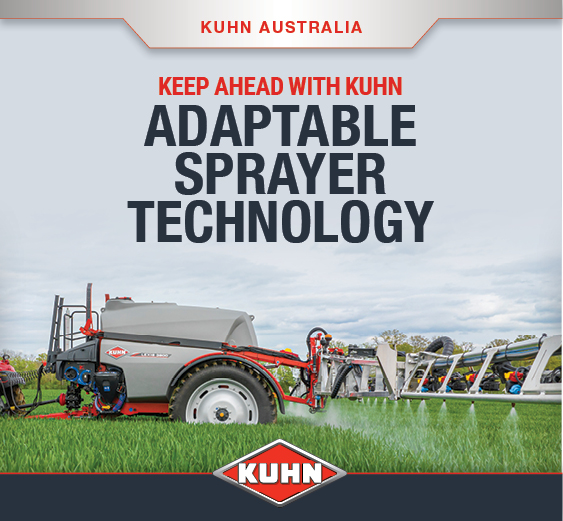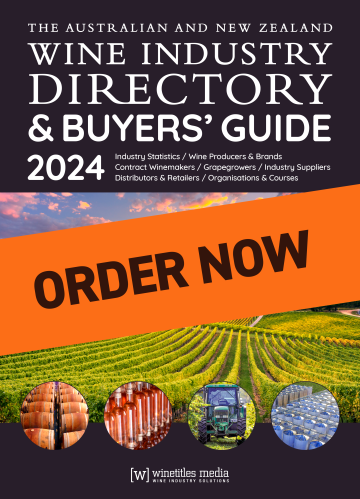Wines with a sustainability and environmental connection have the best chance of success, according to Wine Intelligence’s SOLA Opportunity Index covering 11 markets and 12 alternative wine types.
Wine Intelligence’s most recent publication, Global Wine SOLA Report: Sustainable, Organic & Lower-alcohol Wine Opportunities 2018, takes a multi-market, multi-category in-depth view of the alternative wine sector and opportunities within it.
For the report, Wine Intelligence has developed an ‘Opportunity Index,’ which crosses 11 markets and 12 sub-categories to determine where SOLA wines have the greatest chance of success and which of the individual product types within the group might work best.
The opportunity index considered the relative opportunities by market of wines that are lower in alcohol, non-alcoholic, Fairtrade, organic, sustainably-produced, environmentally-friendly, from a carbon-neutral winery, biodynamic, preservative-free, sulphite-free, orange / skin contact and vegan.
It took into consideration awareness (people who are aware of the types of wine), purchase intent (people who have specifically bought the wine in the past 6 months or intend to buy it) and affinity (people who think the type of wine is right for people like them) in 11 key wine markets.
Organic wine ranks top of the opportunity index, indicating it has the strongest opportunity within the SOLA universe.
This could be explained by the fact that ‘organic’ is generally best understood and recognised by both trade and consumers based on external accreditation and strong awareness of the term in adjacent food and drink categories (e.g. coffee and chocolate).
The organic wine opportunity is particularly strong in Finland, Sweden and Germany, driven by strong retail objectives to increase the market share of organic wines.
But following closely behind organic is sustainably-produced, Fairtrade and environmentally-friendly wine.
Despite the complexity of certifying these SOLA categories, consumers report being drawn to wine that is produced ‘sustainably’ or ‘environmentally’, whether or not it comes with a consistent accreditation.
This suggests that people have a growing intent to buy wines that are produced in a way that takes both the environment and those creating the product into consideration, and are willing to consider designations that are broader than just ‘organic’ as supporting cues.
Commenting on the report, Lulie Halstead, CEO of Wine Intelligence, said: “The first result of our new SOLA Opportunity Index is great news for producers who are already committed to better environmental and sustainability practices, and those who are planning to move in this direction.
“It also suggests that that consumers are willing to see beyond narrow definitions of sustainability such as organic or Fairtrade, and recognise efforts that reflect the spirit, rather than the letter, of these categorisations.”















